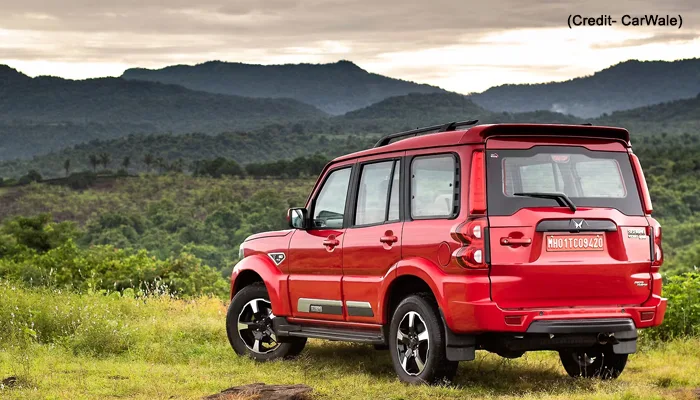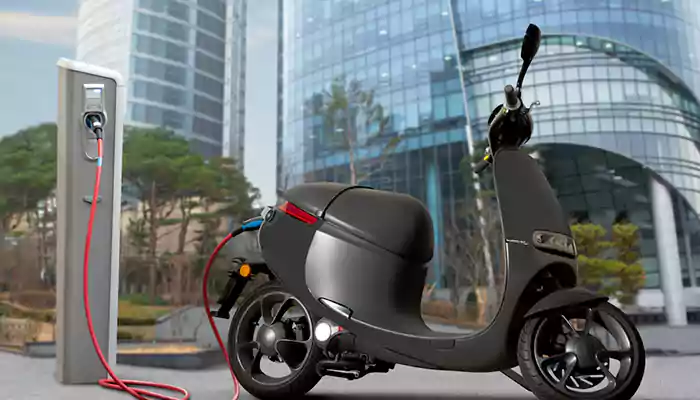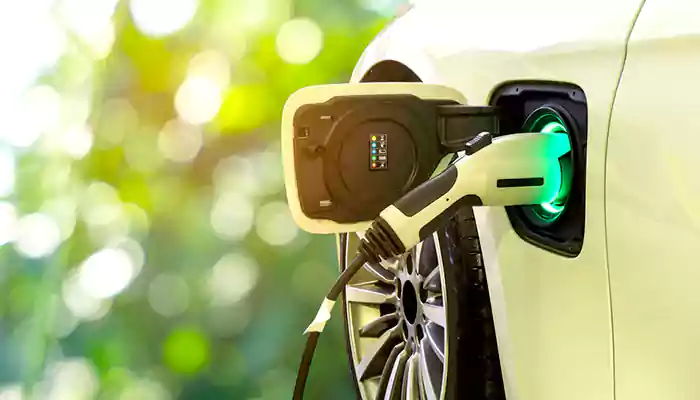To buy or not to buy: Is it best time to buy an electric car in India?
- Admin
- 5 months ago
- 6 minutes read

A consumer should assess various factors and compare the potential cost of ownership of an electric and fossil fuel model, before deciding whether it is the right time to buy an electric car or not.
To buy or not to buy. This is a question full of dilemmas many car buyers have been facing while choosing between electric cars and conventional internal combustion engine (ICE) powered models. Many prominent automakers are jumping with their electric cars into the market and some of them have already ensured a strong road presence on the Indian roads against many odds.
In the mass market segment, Tata Motors, Mahindra, Hyundai, and MG Motors have already introduced their respective electric cars, while in the luxury segment, automakers like Mercedes-Benz, BMW, Audi, and Jaguar have launched their electric cars eyeing the evolving consumer demand towards battery electric vehicles.
The subsidies under different central and state government policies, continuous government push for electric mobility, a wide range of models on offer, and range of discounts for EV buyers from the automakers are alluring enough for buyers to purchase an electric car from the sea of internal combustion engine-propelled passenger vehicles.
Before you make up your mind in favour of an electric car or against it, here are some pros and cons to make you understand if it is the right time to buy a battery electric car in India or not.
Watch: Mercedes EQE SUV review: Big bang for big buck
Advantages of buying an electric car in India
Environmentally friendly
One of the obvious and direct advantages of buying an electric car is that the vehicle is environmentally friendly as it doesn't emit pollutants into the air. Zero tailpipe emission is a key advantage of electric cars and by buying one of these, you can be in the league of people who are not enhancing the environmental pollution level by emitting pollutants into the air through their vehicles. This brings a feel-good sentiment and peace of mind as well.
Lower operating cost
Electric cars command significantly lower operating costs than their internal combustion engine-powered counterparts. In the long run, electric cars command a lower cost of ownership than their ICE counterparts as the EVs have only a few moving parts compared to petrol or diesel vehicles. Besides that, the cost of driving an electric car for a kilometre is cheaper than driving a petrol or diesel model, as the cost of fossil fuel is significantly higher than electricity.
Government incentives
Electric cars command significantly lower tax rates compared to their petrol-only, petrol-hybrid, petrol-CNG or diesel-only counterparts under the GST regime. The central government offers subsidies for electric cars through its FAME scheme, while several state governments too offer subsidies through their respective EV policies. Combined, these subsidies make electric cars an attractive proposition for buyers.
Watch: 2023 Tata Nexon EV facelift first drive review: Best-seller gets even better?
Challenge of buying an electric car in India
High sticker price
Electric cars come with significantly higher ticker prices compared to their ICE counterparts. The electric cars are more technologically advanced than their ICE versions, while the relatively modern technology is costlier to develop. This results in a higher cost of acquisition for the electric cars. For example, India's bestselling electric car Tata Nexon is priced between ₹8.15 lakh and ₹15.60 lakh (ex-showroom), while the Nexon EV is priced between ₹14.49 lakh and ₹19.29 lakh (ex-showroom). This means you can buy the top variant of Nexon ICE by spending a bit more than what the base variant of Nexon EV costs.
Limited charging infrastructure
One of the biggest challenges for the electric vehicle industry in India or in many parts of the world is the limited charging infrastructure. Finding a refuelling station for a petrol or diesel car is very easy anywhere in India. Even for the CNG vehicles as well, finding a refuelling station is relatively easier in urban areas. However, finding a recharging station for an electric car is a tough task. The electric vs availability of charging station ratio is still low in India.
Longer recharging time
Refuelling a petrol or diesel car fully requires merely three minutes. On the other hand, electric cars require about an hour or so to be charged to 80 per cent even when using a DC fast charger. This means that if your electric car is running low on battery and needs recharging, you will need more time for the entire journey.
Limited range
The average range of the electric cars on sale in India is about 350 kilometres on a single charge. While the automakers have been working on the battery technology to offer an improved range, the segment needs miles to go before offering the consumers a satisfactory range per recharge. Paired with factors such as longer recharge time and limited EV charging infrastructure, the limited range of electric cars has been causing range anxiety for consumers.
Battery life and replacement
Battery-powered electric propulsion system is a relatively new technology and continuously going through gradual yet major changes. The majority of the electric cars in India are less than five years old. Hence, it is not clear, what would be the battery shelf life for these vehicles as well as the replacement of them is a grey area too.
Electric car: To buy or not to buy
Considering all these advantages and challenges of buying and owning an electric car, it can be said that there are a lot of grey areas that need more transparency and clear solutions to alleviate the consumers' worries. While buying an electric two-wheeler presently for commuting seems more economical than buying a petrol-powered motorcycle or scooter, purchasing a large-ticket product like an electric car at this moment is tricky.
The consumer should consider multiple factors before buying an electric car. These include his or her primary driving area, purpose, potential cost difference between an electric and fossil fuel car etc. After assessing these factors and comparing the potential cost of ownership of an electric and fossil fuel model, he or she should decide whether it is the right time to buy an electric car or not.
Disclaimer: This Article is auto-generated from the HT Auto news service.












